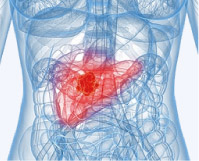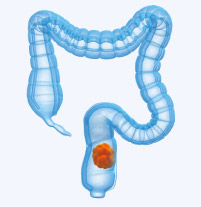
Continued use of low-dose aspirin may lower pancreatic cancer risk
June 26, 2014The longer a person took low-dose aspirin, defined as a dose of 75 to 325 mg of aspirin per day and usually taken as a form of cardiovascular disease prevention, the lower his or her risk for developing pancreatic cancer, according to a study recently published in Cancer Epidemiology, Biomarkers & Prevention. Men and women who took low-dose aspirin regularly had 48 percent reduction in their risk for developing pancreatic cancer. Protection against pancreatic cancer ranged from 39 percent reduction in risk for those who took low-dose aspirin for six years or less, to 60 percent reduction in risk for those who took low-dose aspirin for more than 10 years.
http://www.sciencedaily.com/releases/2014/06/140626101700.htm

Aspirin can reduce colorectal cancer risks for those with specific gene, study shows
April 23, 2014Researchers have found that regular use of Aspirin or other Non-Steroidal Anti-inflammatory Drugs (NSAIDs) may lower an individual's risk for colorectal cancer among individuals who have a high concentration of a DNA product called 15-PGDH in their colons. Researchers found that people who had high levels of 15-PGDH in their colons and took Aspirin reduced their risk by nearly 50%, while regular asprin use had no benefit for those with low levels of 15-PGDH.

Past research has already discovered that regular aspirin use can reduce the risk of developing colorectal cancer, which is one of the most common and lethal cancers in Hong Kong. However, this method of colorectal cancer prevention is not recommended due to the inconsistency of aspirin's protective effect as well as an increased risk of gastrointestinal bleeding or stroke. The authors' next steps are to discover a way to read 15-PGDH levels in the colon, as well as to confirm the findings through a prospective study. Further developing these findings may lead to an effective way of protecting a large subset of people against developing colorectal cancer, while also identifying those for whom regular aspirin use could cause more harm than benefit.
http://www.sciencedaily.com/releases/2014/04/140423142828.htm